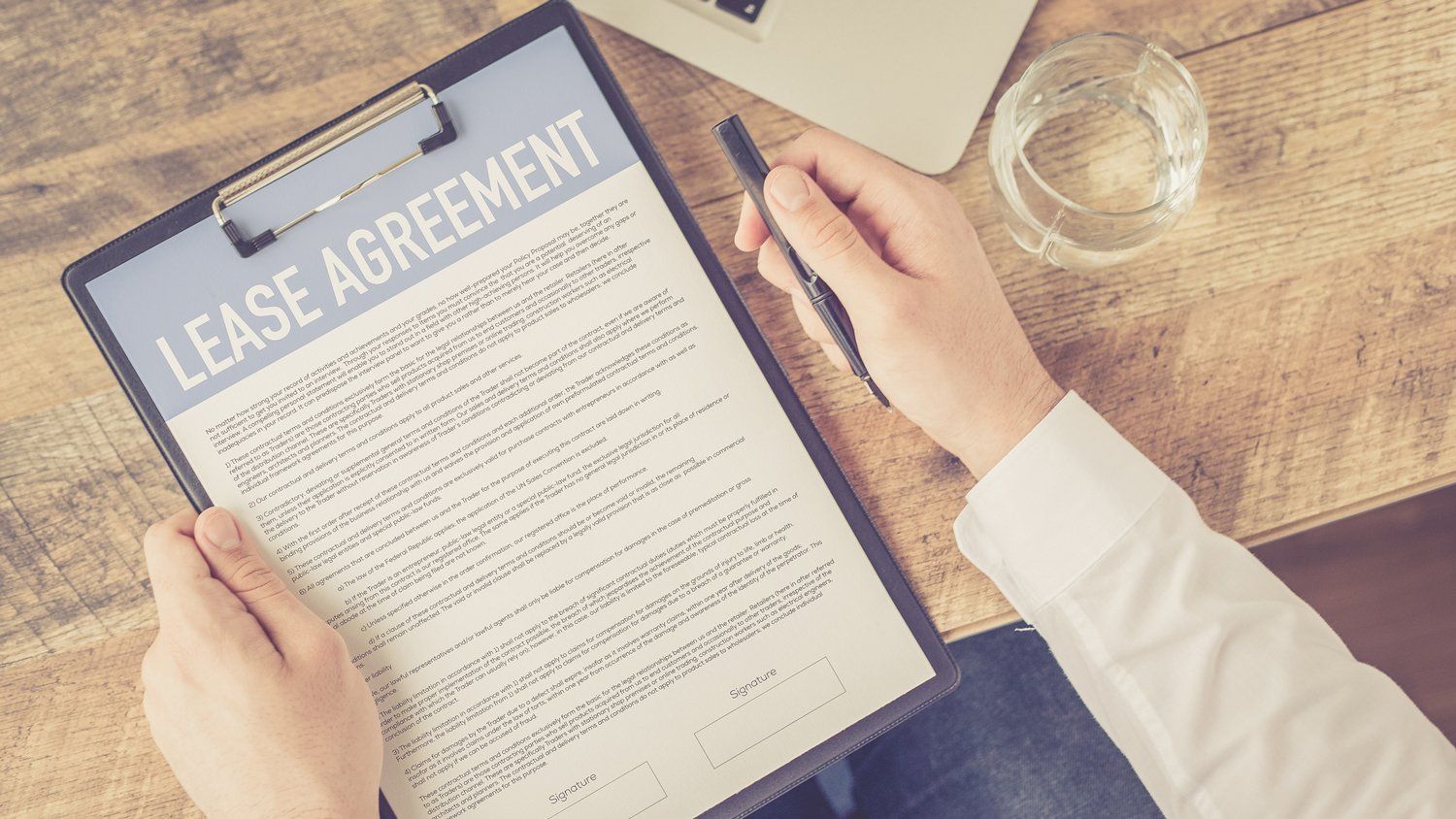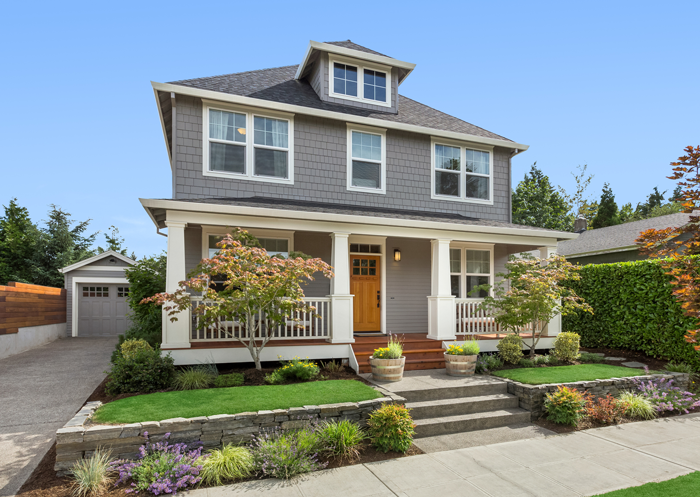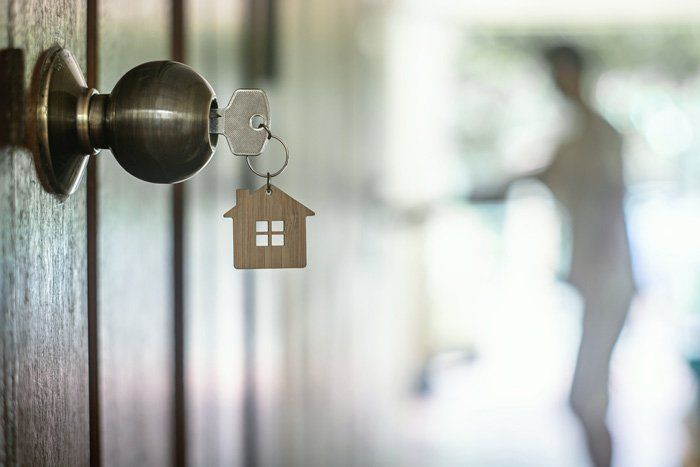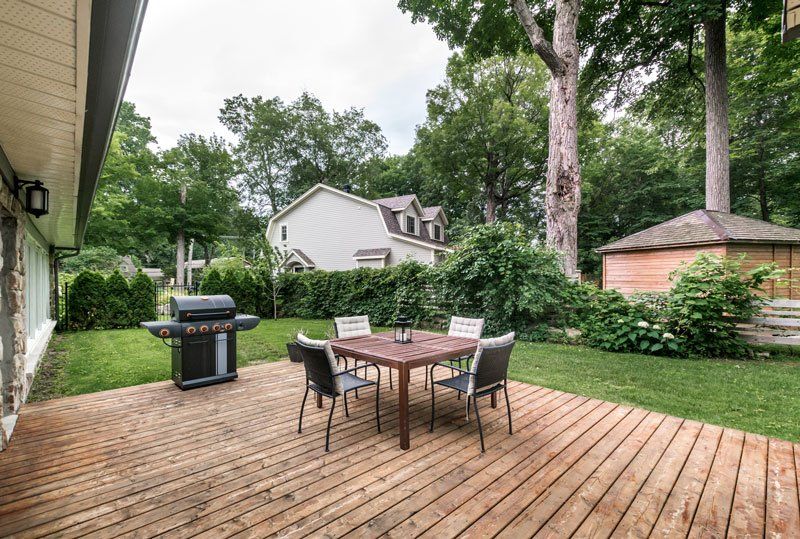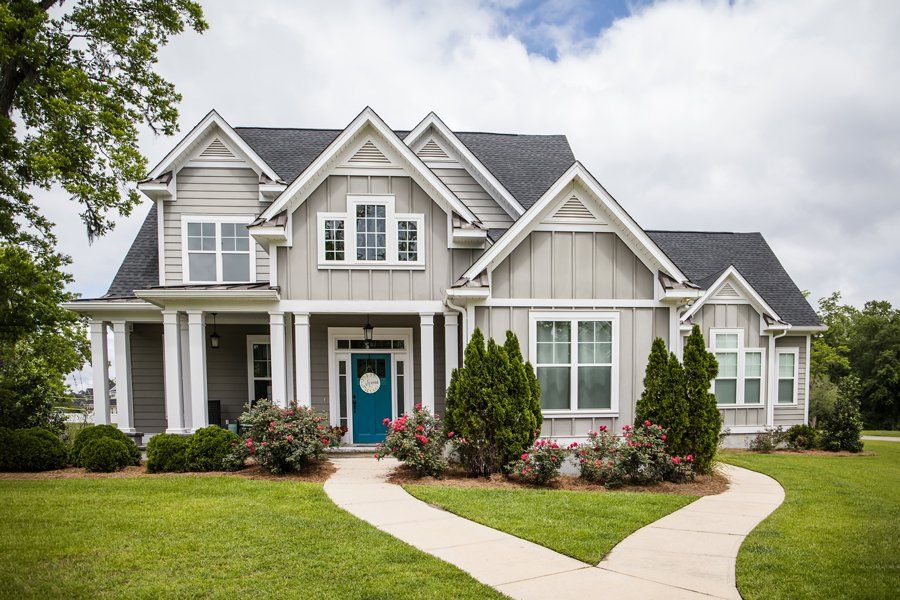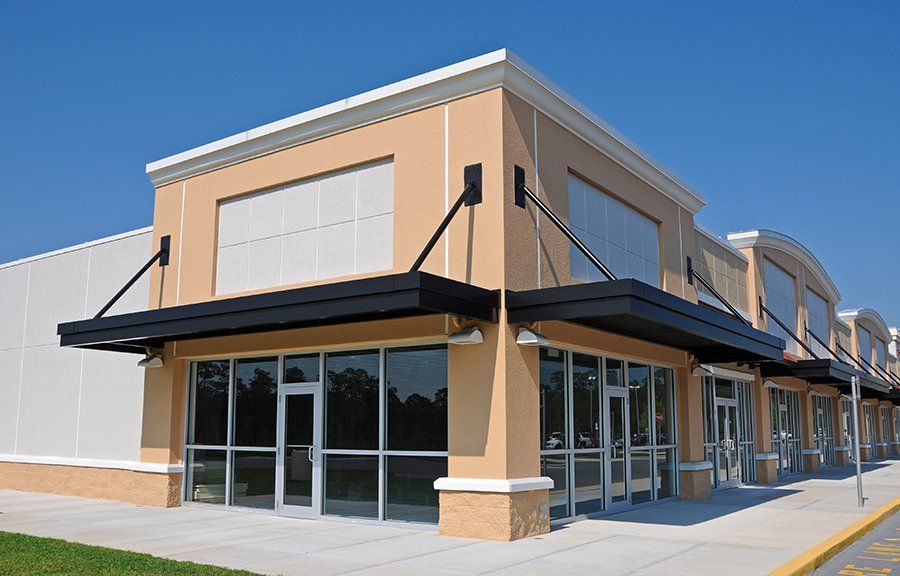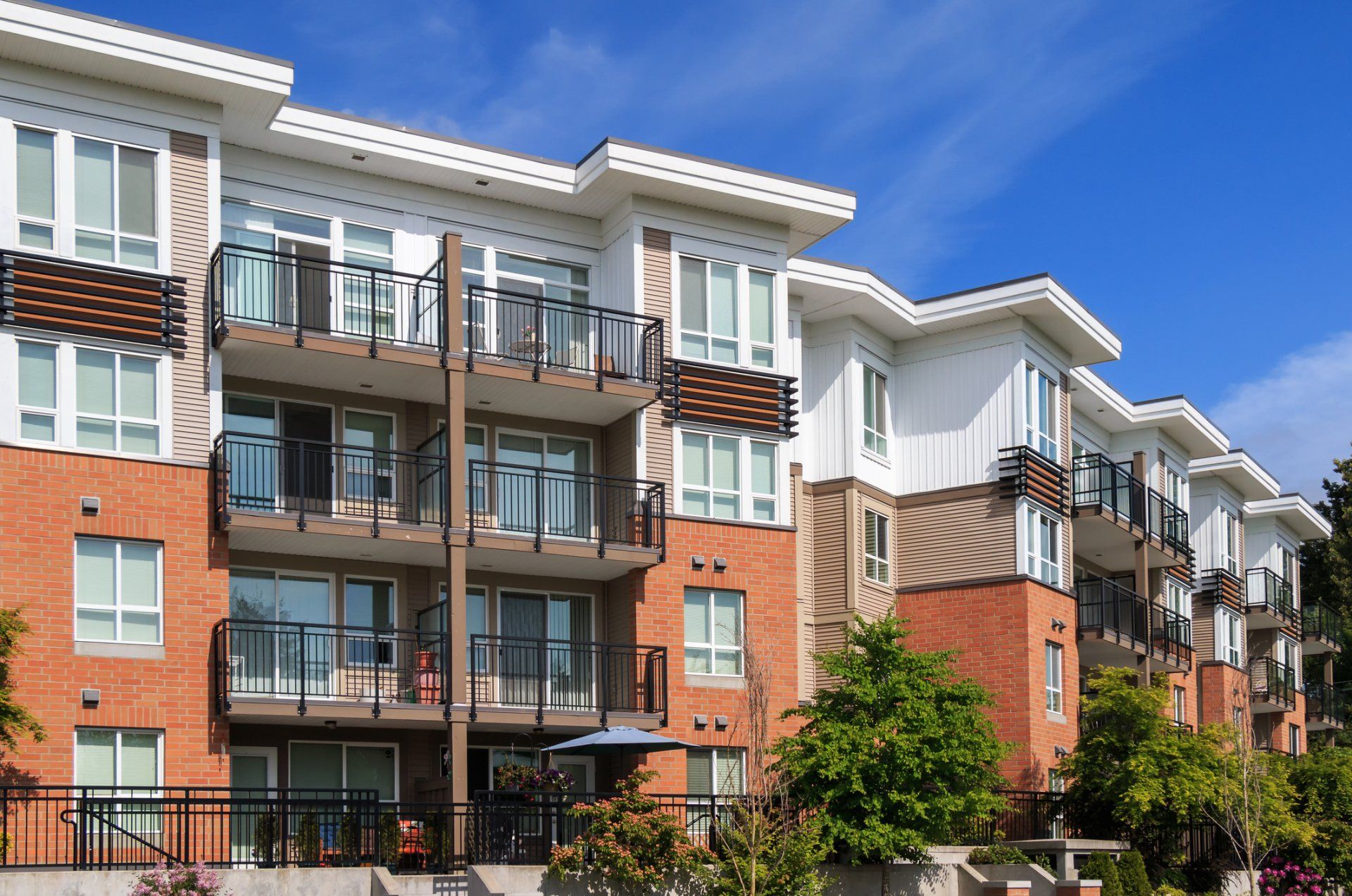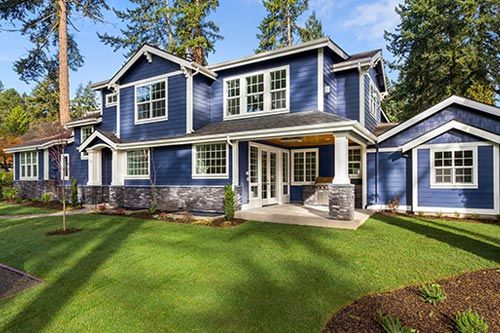
Should You Buy Or Lease A Commercial Property?
- By Admin
- •
- 03 Sep, 2019
- •
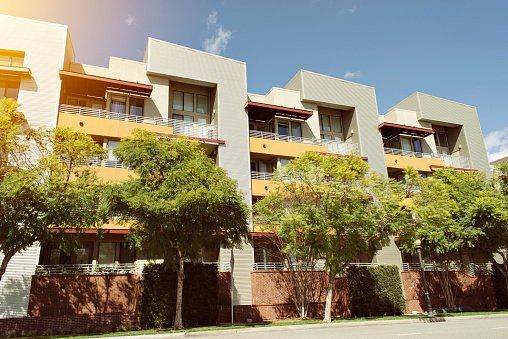
Does your company need a new building? No matter whether it's the first location for a new business or you're ready to expand to bigger and better surroundings, this new home will surely provide a base where your business can grow and thrive.
But before you start shopping for real estate and picking out furnishings, you'll need to answer one basic question: should you buy or lease the commercial property? The answer depends on many factors, and it can have far-reaching consequences for your profit margin. So, how can you make the right decision? Here are the major factors to consider.
1. Liquidity vs. Equity
When anyone purchases a piece of property (building or land), they generally have a larger upfront cost than when they choose to rent. You may need to pay down payments, pay for construction costs, pay for renovations, or cover existing debts against the property. But as an owner, you may be able to recoup these costs when selling at a profit.
On the other hand, when you rent, you generally pay a monthly cost as well as some agreed-upon upkeep expenses. The landlord may even pay for some renovations. However, in return for this lower outlay, you don't earn any equity in the structure if it appreciates in value. The owner keeps this.
Your company must answer the question of whether it's better to keep your liquid assets or put them into a large capital structure. How is your cash flow? How much of your overall liquidity will be poured into the building? Will buying drain your reserves? Or will you remain comfortable if other cash emergencies arise?
2. Flexibility vs. Stability
Does your business need the ability to change easily as your business needs change? Or does it need to have a solid base on which to grow and build trust? What is the likelihood that you may need to pick up and move in less than a decade? What about expansion? Is your business based on location in order to draw customers (such as a restaurant or retail store) or can it easily move if the need arises?
Leasing a space offers an easier path to moving, whereas owners will have to go through the process of selling their property first. However, owning your own building does have the advantage of being able to decide for yourself what changes or improvements you want to make to the building or land. If you think it more likely that you'll simply want to expand in place, ownership may offer better flexibility.
3. Control vs. Ease
Finally, consider how much effort you want to expend on your building. Leasees have much less to worry about when it comes to repairs, upkeep, and even maintenance. This allows small businesses to put their time, money, and effort into the business itself rather than keeping up the physical property.
While it's beneficial to allow someone else to worry about the property, it also cedes control over many things. What if your landlord doesn't maintain the property to your liking? What if they are unresponsive? What if you want to make changes to the landscape, structure, or interior? How much decision-making power do you have? Will this cause unnecessary friction or tension for you or the business?
Clearly, there is no right or wrong answer as to whether to buy or rent a commercial space. Your needs are specific to your company, your industry, and your goals. But no matter what you choose, Heritage Realty & Insurance can help. Call today to learn more about our commercial rental and sales services and get assistance.



